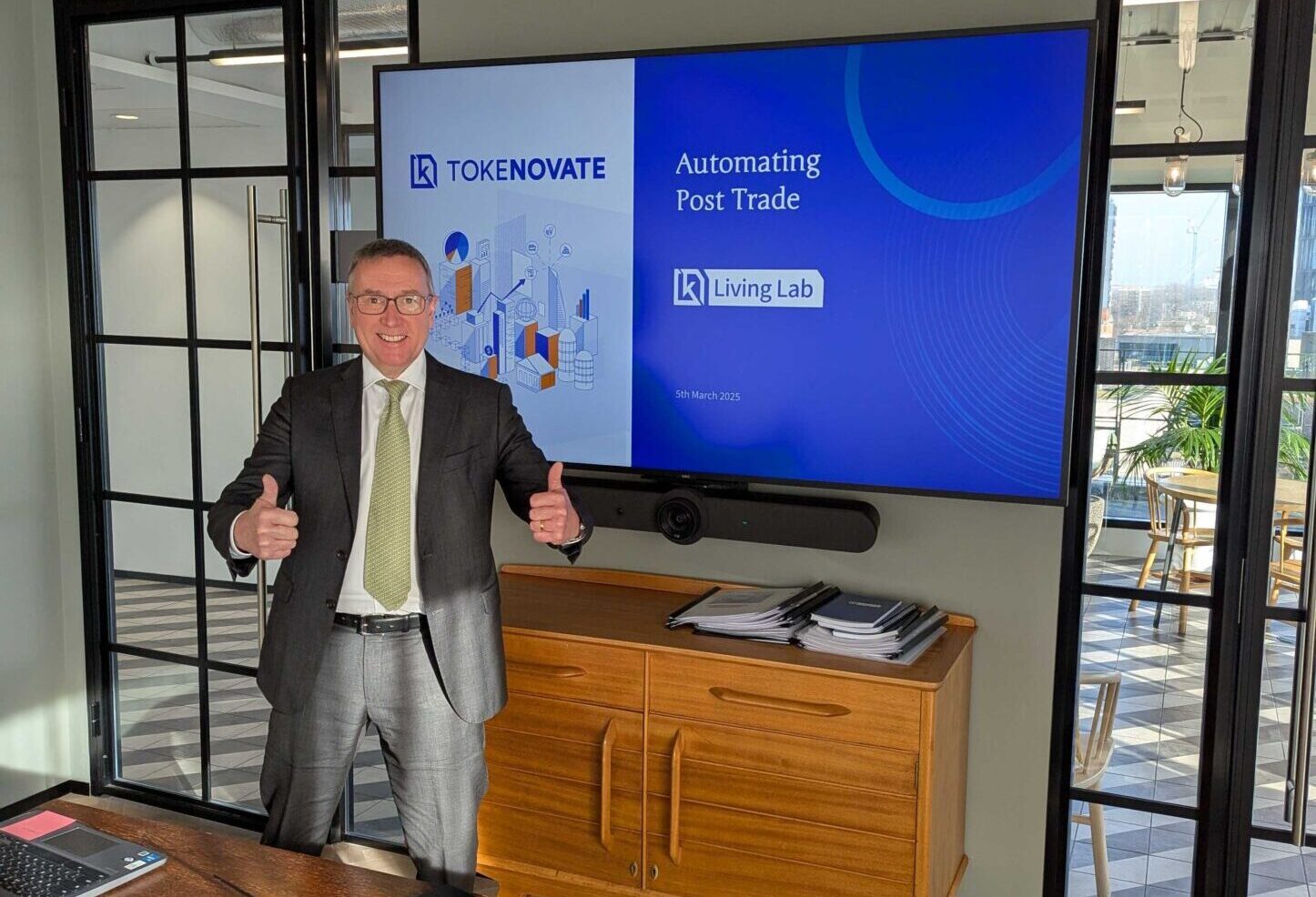Two important carbon-related announcements were made in late February.
The first was issued by the European Council and European Parliament who reached a provisional political agreement to establish the first EU-level certification framework for permanent carbon removals, carbon farming and carbon storage in products. The voluntary framework is intended to facilitate and speed up the deployment of high-quality carbon removal and soil emission reduction activities in the EU.
The second announcement was from the Voluntary Carbon Market Integrity Initiative (VCMI), highlighting that Bain & Company became the first organisation to make a successful Carbon Integrity Platinum Claim. This Platinum Claim, the highest level of Carbon Integrity Claims, necessitates the purchase and retirement of high-quality carbon credits in an amount equal to or greater than 100% of a company’s residual emissions.
These two exciting announcements, coupled with IOSCO’s “Good Practises” for promoting the integration and orderly functioning of Voluntary Carbon Markets (VCMs), and the ICVCM and VCMI partnership declaration at COP28, underscore the importance of global standards in our pursuit of climate neutrality.
However, the voluntary carbon activities landscape is not without its challenges. Despite the urgency of immediate action, the emergence of competing registries advocating unique and isolated methodologies poses a risk of introducing complex and hierarchical burdens on both sellers and buyers. This has created confusion in the market, leading to a decrease in liquidity. There is a consensus that high-integrity carbon credits, especially those focusing on removal and long-term storage, are essential.
To address this challenge, Tokenovate’s asset-agnostic trading lifecycle management platform enables carbon project owners not only to tokenise their assets but also to manage them for the duration of their lifetime. A powerful feature of the platform is its carbon project origination and classification engine, that through machine-learning seamlessly guides project owners to achieve compliance with both the methodologies of registries and standards, such as ICVCM. The engine output is not only a high-fidelity schema for the project owner but also a tokenised on-chain master project file that can be verified by a registry and made ready for digital issuance to trading venues.
The development and acceptance of fit-for-purpose carbon removal standards will not only boost green technology development but also instil market confidence in high-integrity carbon credits. We applaud these commendable initiatives and support efforts to devise solutions that drive us toward carbon neutrality. Nevertheless, we believe more efforts are necessary, which is why we are collaborating with project owners, enabling technology providers and trading venues to accelerate progress effectively.
Note: In May 2023, Tokenovate with our partners GMEX and Zero13 enabled the execution of the world’s first smart contract for VCC derivatives trades using ISDA definitions. Read the announcement here.


